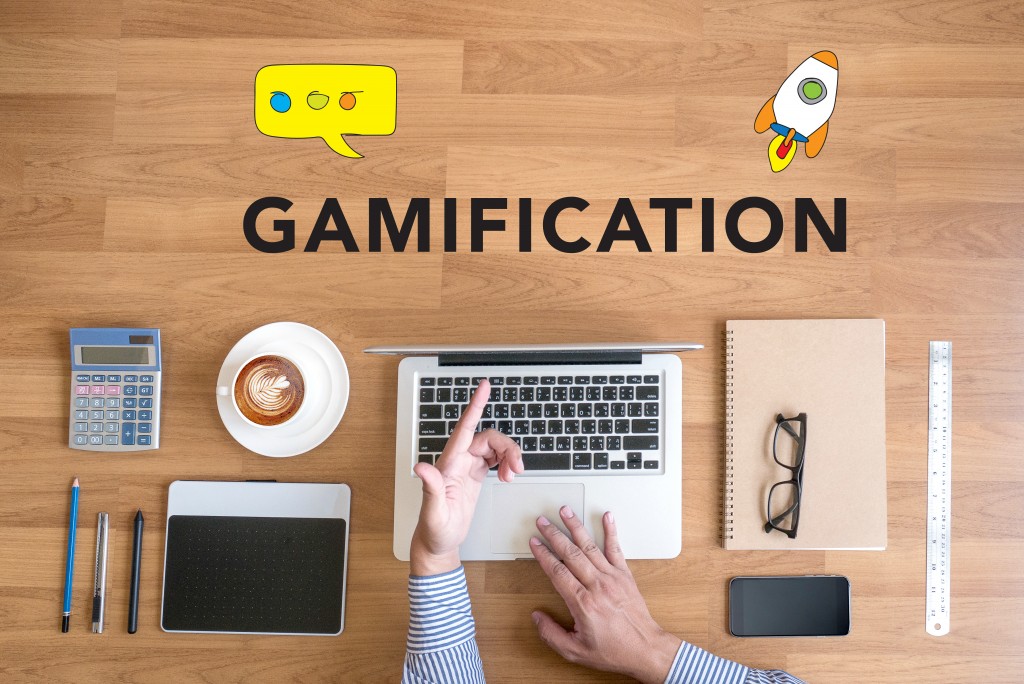Gamification is being used to outsource the world’s most pressing problems to gamers. Could HR professionals use the same principle to improve the performance of employees? Take a look at which leading IT companies have already invested in the concept and how it could work in the workplace.
The Current State of Employee Engagement
One would quickly observe that most companies past their boot-strapped years have implemented some form of a staff rewards program to achieve better employee performance. This follows the basic principle of positive reinforcement: always reward all stimuli that you’d like to encourage. While this might seem like an easy principle to follow on paper, HR professionals, coaches and entrepreneurs alike have heavily invested in finding out how to convert this simple principle into a well-guided science. These different applications of positive reinforcement have led us to the boom of something called “Gamification”.
Gamification isn’t the same as favourable reinforcement. More often than not, it feeds on a person’s competitive spirit, and anchors on the concept of winning as a prize of its own. Now before tackling how gamification benefits HR, take a look at how “gaming” could overlap with “getting things done” in the real world.
A Curious Basis: Outsourcing Global Problem-solving to Gamers
It might not be surprising that the public opinion on video games is that it’s more than a distraction rather than a tool for productivity – however, public opinion might be in the wrong here. In 2014, The Guardian covered how gamers resolved an Aids-like disease in monkeys caused by the structure of an enzyme through a program called Foldit – a puzzle game online about protein folding. It had been 13 years since researchers started working on this problem. However, it only took gamers three weeks to solve it.
Since 2012, gamers on Planet Hunters have found 40 planets that could support life – all of which were missed by professional astronomers. Perhaps it’s outsourcing the problem to the greater public that makes the difference in getting a solution; however, even gamers argue that the gamification aspect heavily influences the journey to getting to that solution.
Big Enterprise Tech is already in the game
While gamification might seem like a new concept to most, industry leaders in enterprise tech have already been implementing this in their HR software. In addition to developing things like a staff rewards program, employee self-service features and the like, simple gamification features like scoreboards and team versus teams can already be found in Microsoft Dynamics 365 and the Oracle HCM Cloud.
Microsoft allows users to set competitions between individuals or even teams – all with an alluring interface that could mimic your favourite sports teams’ aesthetic. It encourages more users to join the competition and also root for teams if they wish. Oracle implements similarly encouraging tactics by providing badges and putting up leaderboards that are integrated with a Learning Management System to track progress. Collaboration is encouraged by rewarding users with points every time they share content, best practices or provide feedback to others.
These companies have found that not only could gamification impact performance, but it could positively impact employee satisfaction as well – making the valid argument that gamification could seriously change the game for HR professionals across all industries. Once companies figure out how to make their gamification programs work for their unique operations, the benefits could be endless.


